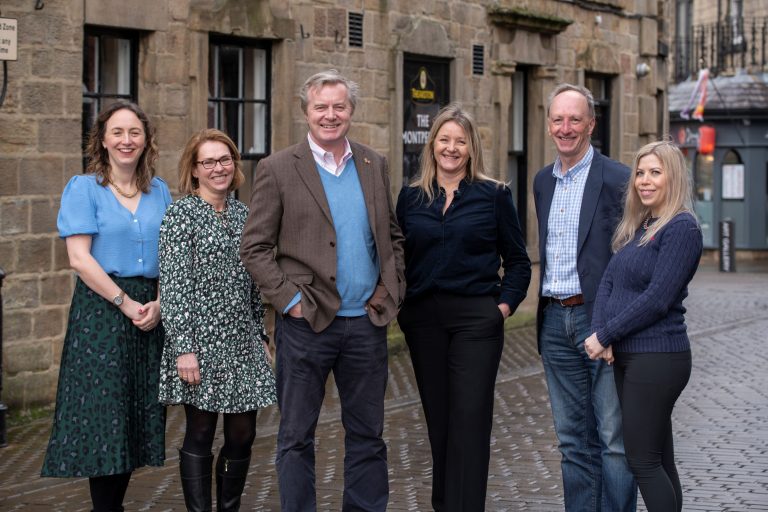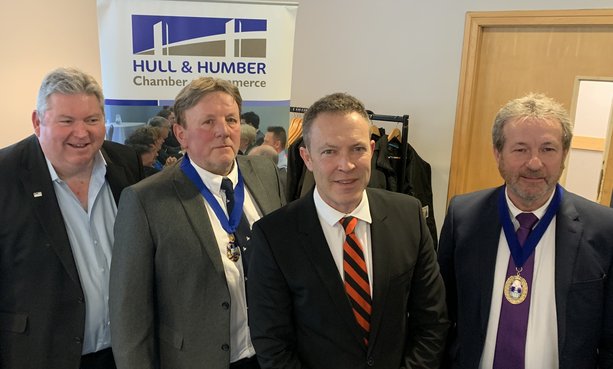Firms say improved rail service between Lincoln and Nottingham would support workers
Yorkshire-headquartered group continues expansion with purchase of East Midlands insurance broker
Government reveals largest-ever R &D budget – worth almost £40bn
“My department’s £39.8 billion R&D budget – the largest ever R&D budget committed so far – will be deployed and specifically targeted to strengthen Britain’s comparative advantages, supporting the best ideas to become the best commercial innovations, and securing the UK’s position as a science superpower.
“This includes full funding for EU programmes, for which £6.8 billion has been allocated to support the UK’s association with Horizon Europe, Euratom Research & Training, and Fusion for Energy. If the UK is unable to associate to Horizon Europe, the funding allocated to Horizon association will go to UK government R&D programmes, including those to support new international partnerships.” A significant proportion of the budget has been allocated to UK Research & Innovation (UKRI), which will receive over £25bn across the next three years, reaching over £8.8bn in 2024-2025, its highest ever level and over £1 billion more than in 2021-2022. This will include an increase in funding for core Innovate UK programmes by 66% to £1.1bn in 2024-2025, helping connect companies to the capital, skills and connections they need to innovate and grow. The UK Space Agency’s budget will also grow to over £600m by 2024-2025, recognising the fact that our world-leading space sector adds nearly £16bn to UK GDP while underpinning complementary parts of the economy including finance, logistics and agriculture. This is equivalent to a real terms increase of 14%.FSB urges Chancellor to deliver on low tax pledge at Spring Statement as 280,000 firms stand on the brink
- Increasing the Employment Allowance to £5,000.
- Taking an additional 200,000 community small businesses in levelling up target areas out of the business rates system by increasing the rateable value ceiling for small business rates relief to £25,000, and extending a one-year relief on business rates increases linked to property investments in plant and machinery.
- Extending support with energy costs being allocated via the council tax system to micro businesses via the business rates system, and launching a Help To Green initiative to spur on-site renewable generation.
- Delivering on pledges to end the UK’s poor payment culture by making Audit Committees directly responsible for ensuring best practice within supply chains.
- Expanding and making permanent a statutory sick pay rebate for small firms whilst continuing with incentives in England to take on apprentices and T Level placements.
- Widening eligibility for the Help To Grow Digital and Management initiatives to the 750,000 small firms currently excluded from them.
- Simplifying the R&D tax credit system to make it more accessible for small businesses without having to use paid intermediaries.












